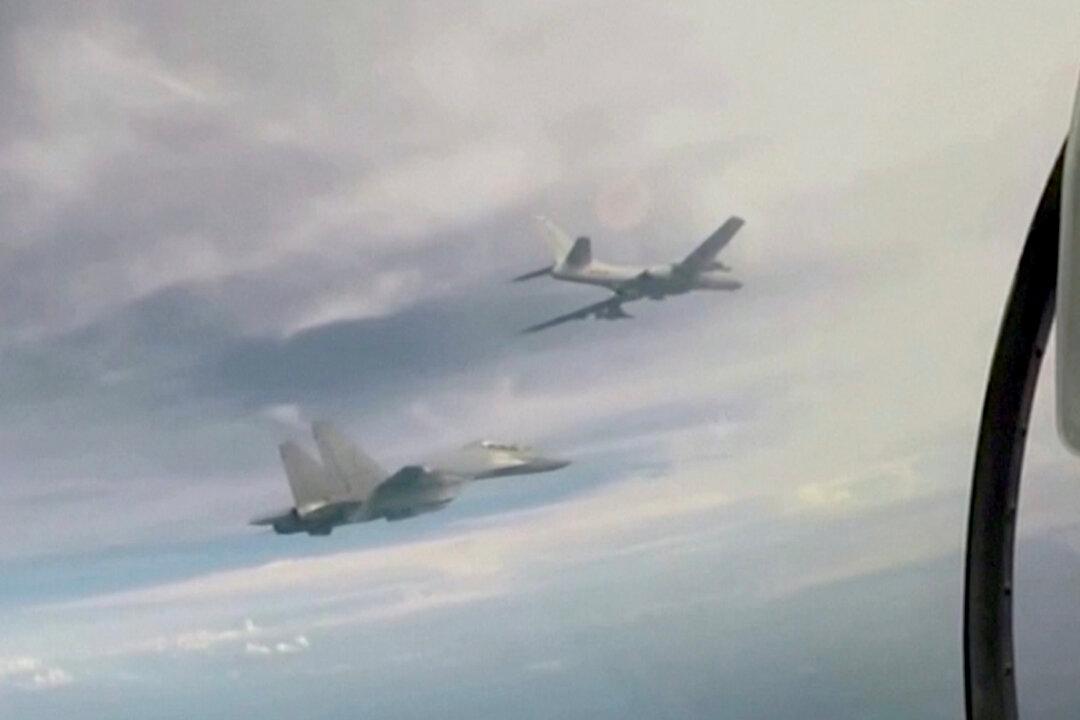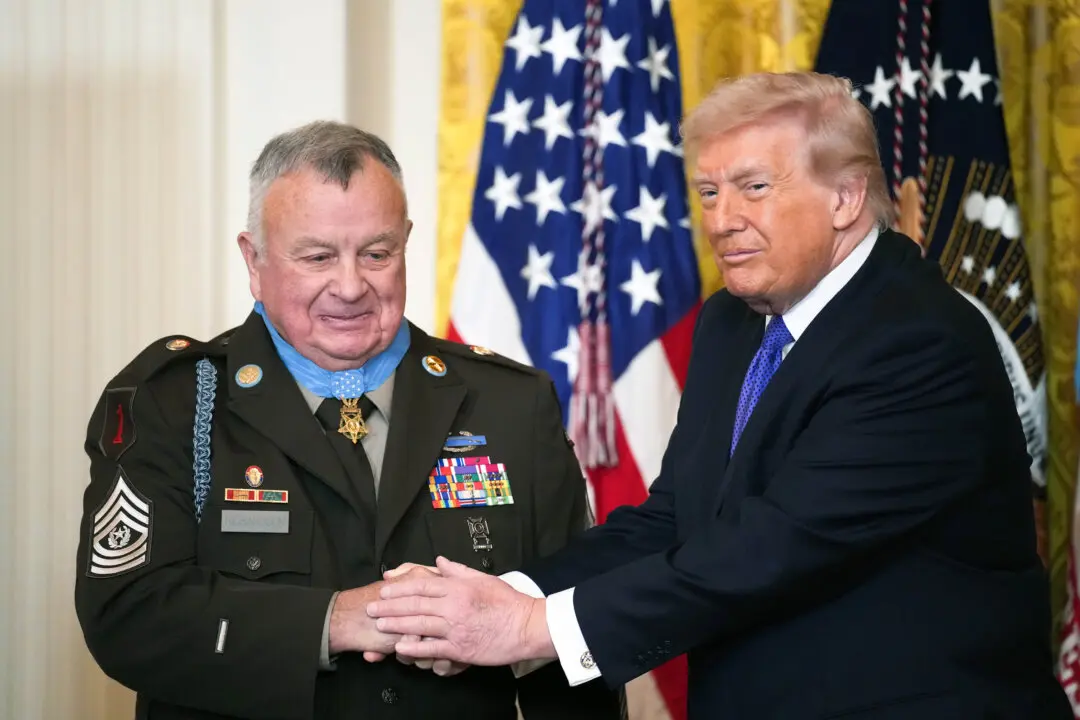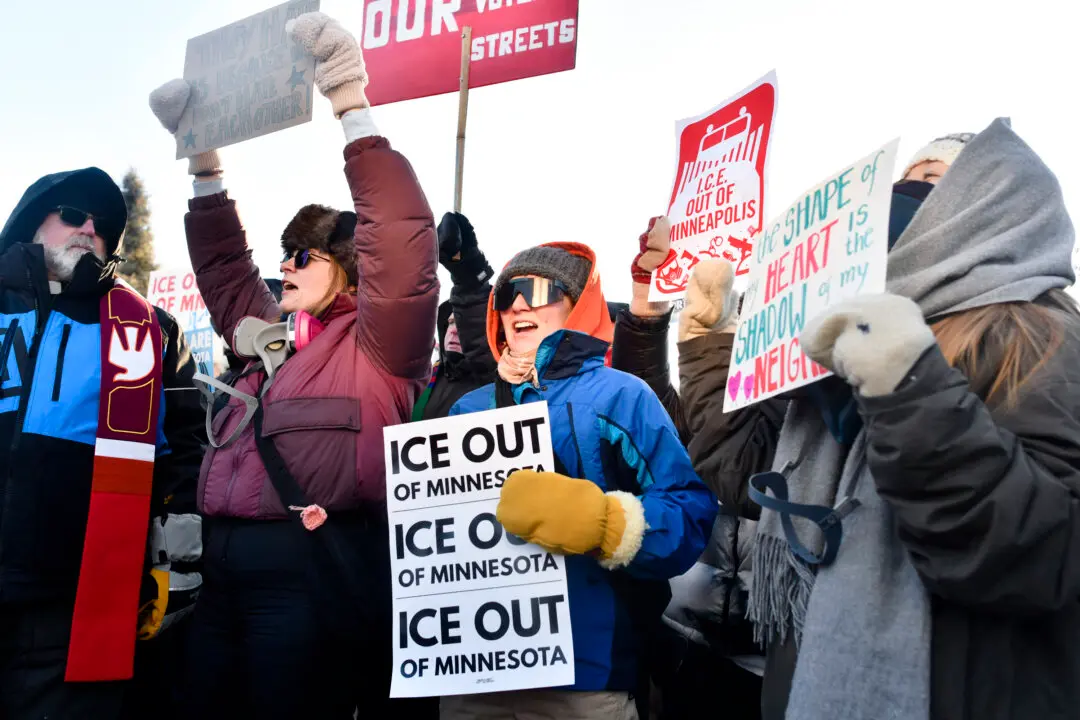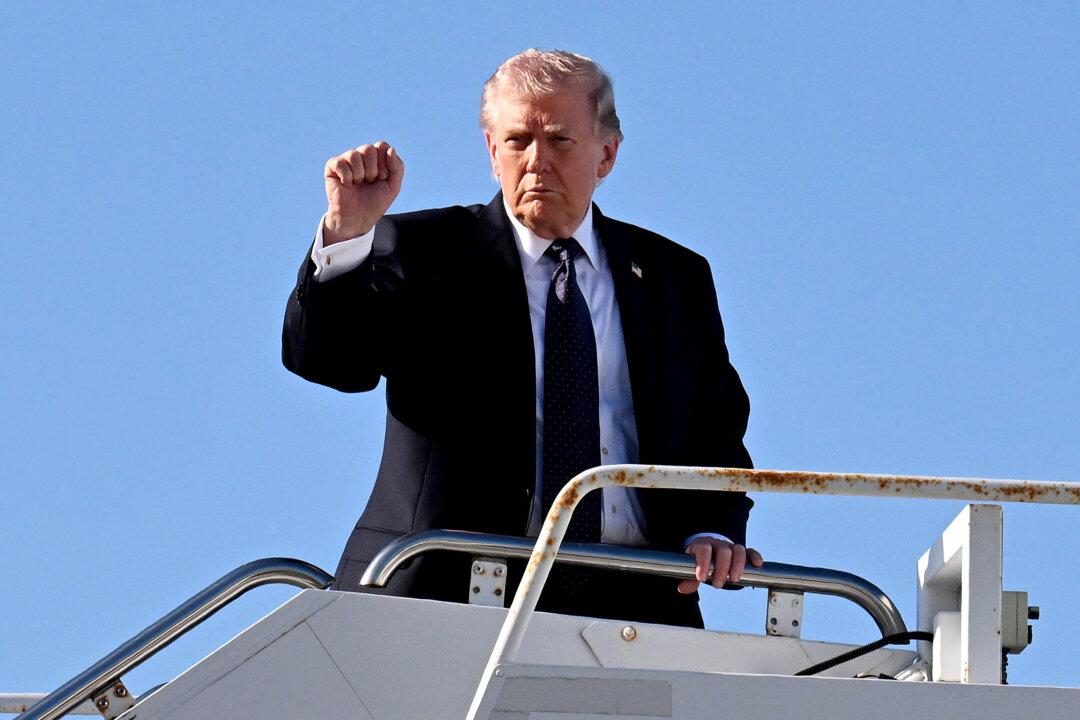Taiwan is strongly condemning China for engaging in its second round of military combat exercises near the democratically governed island in less than a month.
Taiwan’s Defense Ministry stated that it detected 57 Chinese aircraft and four naval vessels around Taiwan at 6 a.m. local time on Jan. 8, with 28 of the warplanes entering Taiwan’s air defense identification zone (ADIZ) and crossing the Taiwan Strait median line.





